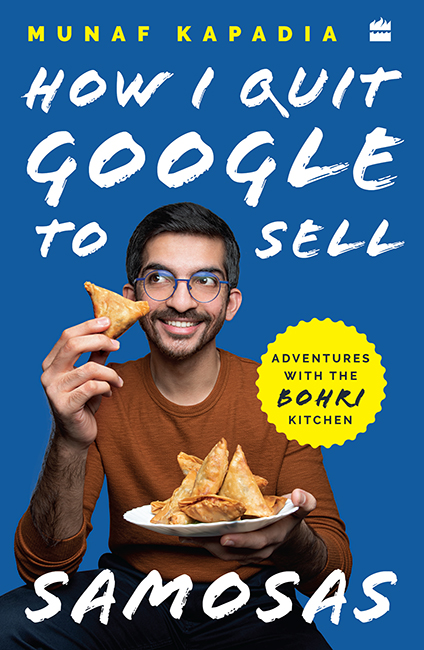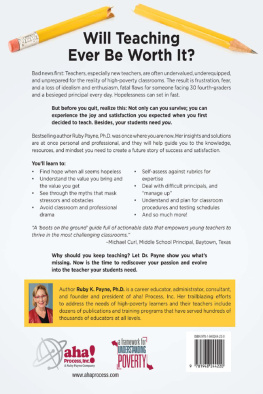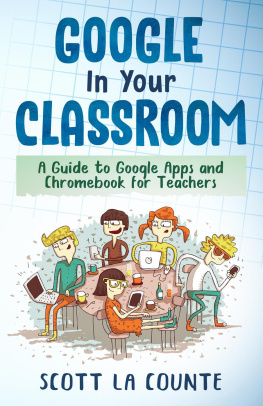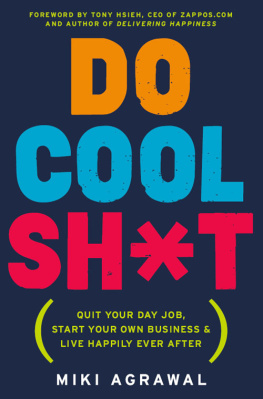Table of Contents


For my parents, Nafisa and Turab Kapadia, without whom there would be no TBK.
My wife, Zahabia Rajkotwalawithout you there would be no book.
For the Indian housewife, who remains the most precious yet underacknowledged asset our country has. Thank you, from the bottom of my heart, for being the last custodian of our cuisine and tradition.
Contents
F irst-of-its-kind! memorable not only describes my finger-licking, shortcut-to-bliss meal at Munaf Kapadias The Bohri Kitchen, but also this book that you are holding in your hands. In fact, this book is as much of a multidimensional extravaganza as my three-hour-long, eight-course, guilt-free, non-stop thaal lunch. It was a taste of Dawoodi Bohra culture, an exciting commentary on the rare ingredients and their cooking and eating customs. As is this book. Its more much more.
My introduction to the Munaf magic was all thanks to my friend Rishi Kapoor, the gourmet of all gourmets, the high-octane, award-winning charismatic actor who had four generations of film and foodie genes. I write this with gratitude to Rishiits thanks to his passion and gourmet gusto that I discovered The Bohri Kitchen and shared the experience in my Bombay Times column, on social media, and even created a Bohri food award category for the Times Food Awards (now Times Food and Nightlife Awards).
And now, it gives me equal joy to share this book. The catchy title, How I Quit Google to Sell Samosas, does not even begin to express the multi-course thaal of messages that the book serves up.
A riveting personal story
Its a family saga. The cook is the mom (Nafisa), the head of operations is the father (Turab) and the CEO (Chief Eating Officer) is the son Munaf.
Munaf, one of four siblings, inherited his fathers entrepreneurial genes. His father built his business from the ground up, eventually buying out a wholesale business from Munafs grandfather. From competing with three hundred candidates vying for a coveted, client-facing role at Googles New Delhi and Mumbai offices to almost being fired from the company, Munaf displayed tremendous entrepreneurial spirit in the initial years. Quite clearly, the job as an account strategist wasnt cutting it, even if it wasin his own wordsthe best company in the world to work for. His life story is an inspirational one for those mired in a nine-to-five job and looking to unleash their entrepreneurial spirit.
Motivational masala
Munaf stirs into his food story, motivational masala for budding entrepreneurs. All the hazards, the ups and down, loans, home dining experiences to delivery kitchens to raising private equity are honestly and impeccably recorded. Its a brilliant blueprint for all start-ups.
The food story unravels, just like the alternating courses of kharaas-meethas (savoury-sweet) in our leisurely lunch. Its sprinkled with humour, too.
From taxes to tacos
Call it serendipity! Call it synchronicity! But it all comes together in a sublimely delicious way. My life story is on the same lines as Google to Samosas except that mine is from Taxes to Tacos. Having qualified as a journalist from Bombay University, I went on to write the IAS exam and, through my days with the Income Tax Department in Mumbai, continued to explore the city through its restaurants. And write about them.
When I quit the Income Tax Department to start a weekly column in The Bombay Times and do TV shows, I was criticized for quitting a powerful job to write about brownies. Just like Munaf was. Food writing was not fashionable then and there was no internet. I wrote Indias first-ever city restaurant guide, and it went on to become a national bestseller. Though Ive written over forty books and hosted many a food show since, Ive never had to face the entrepreneurs dilemmas that Munaf dealtand continues to dealwith. Kudos to him for keeping his head above water.
All through my writing career, my passion has always been the home chef. Over thirty years ago, when I started my column in The Bombay Times, I insisted on an answering machine for readers to call in and share their home chef favourites. It thrills me to no end that, with TBK, Munaf bridges the gapbetween a home chef and restaurateurbrilliantly, serving up not only a unique, memorable experience but also this magnificent multi-course book which you are now holding in your hands.
Turn the pages. Go on. What are you waiting for?
24 February 2021
Rashmi Uday Singh
I t happened quite unexpectedly.
I remember the date15 June 2015. The months leading up to it had been a seismic period for me, professionally. After four years with Google India, in Hyderabad and then Mumbai, I was contemplating a move within the company to one of their many foreign offices.
In those months, Id found myself battling this inexplicable feeling, one that had led me to quit my previous job. I couldnt stop thinking that my current role at Google, that once had me burning the midnight oil, now took up less than half my office hours.
Vikas Agnihotri, my super boss, pulled me into one of the conference rooms at the Mumbai office. He sat me down and said, Weve heard a lot about The Bohri Kitchen, Munaf, and we want to know what you have planned for its future.
I was caught off guard. Im sure you are too. What is The Bohri Kitchen, and why did my super boss concern himself with it?
An hour later, I made the fateful decision to quit Google.

The story of how I quit Google begins at the end of the 2010 placement season at Mumbais Narsee Monjee Institute of Management Studies (NMIMS). Along with twenty other students, I had spent countless hours over two months in freezing cold, air-conditioned classrooms, waiting to be interviewed by company reps. The dull white lights in the old MBA building cast a gloom over the recruitment process, cranking up our anxiety levels by several notches (the new structure, which resembles an airport hangar, was still under construction). Every candidate went through a couple of interviews followed by a moderated group discussion with competing candidates. The selection criteria were simpledid you possess the technical know-how for the job? (And in case you didnt, were you at least smart enough to be trained for the job?) Did you play well with others? (An assessment of your leadership and managerial skills.) Did you have passable communication skills? (Inevitably, most of us needed assistance in this area after joining. Business emails are TUFF!)
Everyone in business school had stars in their eyes when they saw a future as a management trainee at a multinational company (FMCG MNC). Getting placed at a Hindustan Unilever (HUL) or Procter & Gamble (P&G) is what dreams were made of for us dewy, blazer-donning, MBA grads. Very few of us knew what really motivated us. I mean, yes, some of us liked marketing, others enjoyed numbers (so maybe, finance?); then, there were the rare few who were drawn to human resources (HR) and the crazy ones who considered advertising! What any of this actually meant in terms of real work, and whether we would enjoy it, well, Im not sure if anyone had any clarity there. We still had to pretend we did to bag the job, though! Fake it till you make it.
By the summer of 2011, I had graduated from NMIMSs MBA in Marketing Management programme and secured a placement as management trainee at Wrigley India Pvt. Ltd. (a Mars company). I was officially in the business of selling chewing gum.












